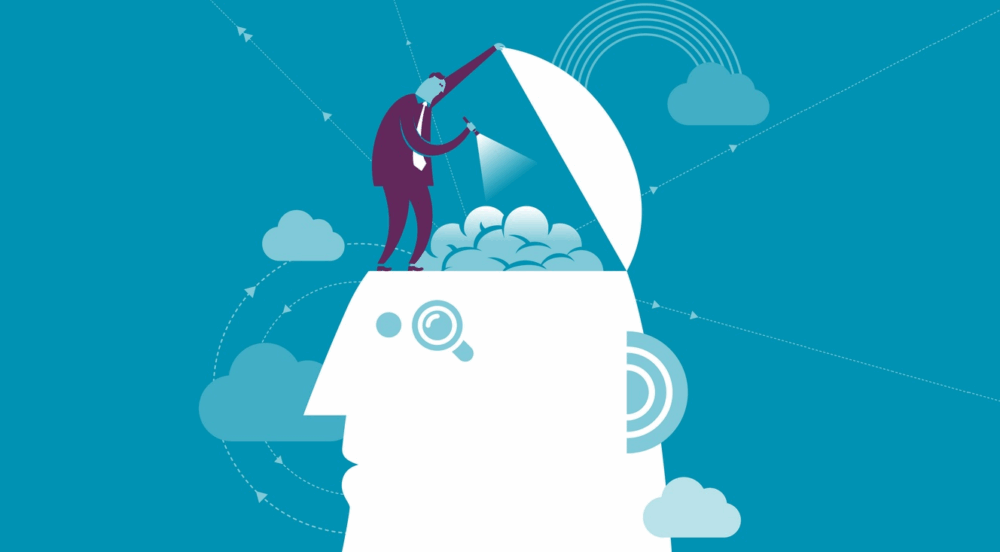What Is NLP?
Neuro-Linguistic Programming (NLP) is the study and mastery of human excellence, tailored to each individual’s unique goals. Whether someone wants to learn English, express their feelings, become more confident, or simply live a richer and happier life, NLP focuses on practical, personal development. The concept of “human excellence” comes alive through the real needs of each person.
Exploring the present moment is crucial. What is happening right now? What forms the foundation for someone striving for excellence? And why hasn’t this transformation happened yet? Often, the power to change lies in the present. In this sense, NLP is the study and mastery of perfecting any skill by embracing the present and dreaming about the future.
The Science of Being Yourself
Being yourself is the first step you can take with NLP: gaining the ability to be authentic and access your own inner stability. You stop being automatically influenced by others’ opinions and start choosing your own path. However, this is just the first step—from dependence to independence. It’s essential for self-worth, and only after this can a person move from independence to interdependence. Interdependence means interacting with others through mutual discovery, creativity, and growth.
So, NLP is the skill of being with others while remaining true to yourself and developing your own abilities.
The Practice of Personal Change
NLP is often called a practical model and is sometimes criticized for lacking a theoretical foundation. In reality, NLP places great value on human experience, modeling, and experimentation, rather than building doctrines or hypotheses. By prioritizing experience, NLP becomes a technology for personal change. Still, any generalization in NLP that leads to the development of a skill is considered fundamental.
Thus, NLP is a practical approach that leads to real personal change, based on foundational knowledge in physiology, linguistics, philosophy, systems theory, psychology, and more.
A Modern Method for a Successful Life
Not all ideas in NLP are new. Many have roots in various scientific fields. For example, the T.O.T.E. model came from behavioral psychology, and the logical levels model was developed by anthropologist Gregory Bateson. However, the founders of NLP combined different approaches and created a new method, using their understanding of thought processes and language patterns to master excellence. NLP continues to evolve, with new models and discoveries emerging all the time.
Therefore, NLP is a dynamic, ever-evolving approach to achieving success, making past discoveries relevant and practical for today.
The NLP Acronym
How did the name come about? According to one version, John Grinder and Richard Bandler—the founders of NLP—locked themselves in a log cabin in the California mountains to answer the question: “What should we call this method?” John Grinder was a linguist, and Richard Bandler was a mathematician and programmer. Both were exploring the possibilities of thought and psychophysiology. They chose the name “Neuro-Linguistic Programming,” combining three key elements:
- Neuro – Refers to our neurological system, the way we use our senses: sight, hearing, touch, taste, and smell. Our physiology and thinking work as one system. NLP greatly expands the capabilities of our nervous system and teaches us how to manage it.
- Linguistic – Refers to the connection between the language we use and our life experiences. Our language patterns express our way of thinking and, to some extent, reflect our inner selves.
- Programming – Allows us to explore and change our experiences. A program is a set of actions designed to achieve a specific result. The outcomes we achieve and the influence we have on ourselves and others are the result of our personal “programs.” By understanding the elements and sequence of these programs in our behavior or thinking, we can manage our experiences, states, and actions.



